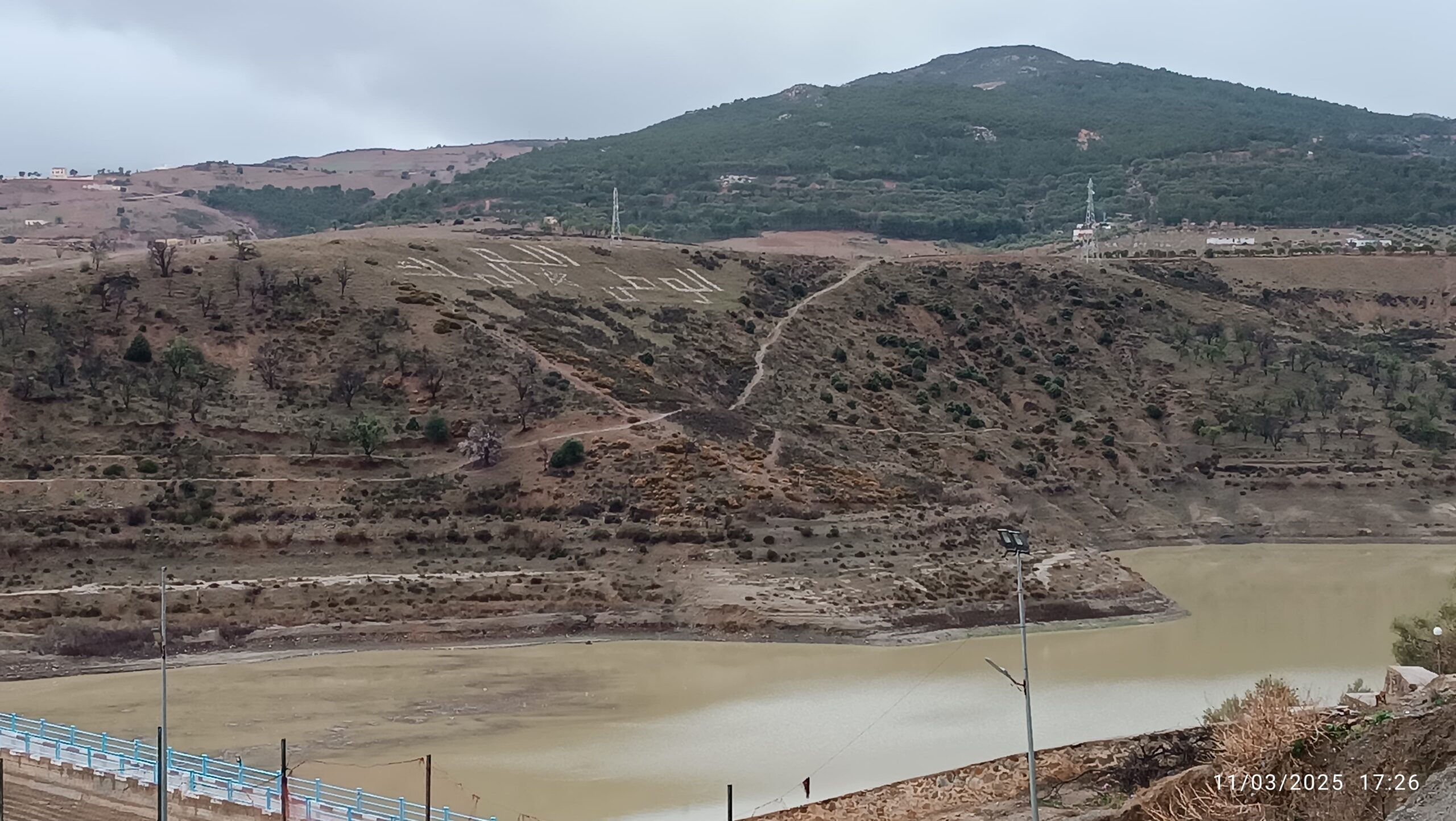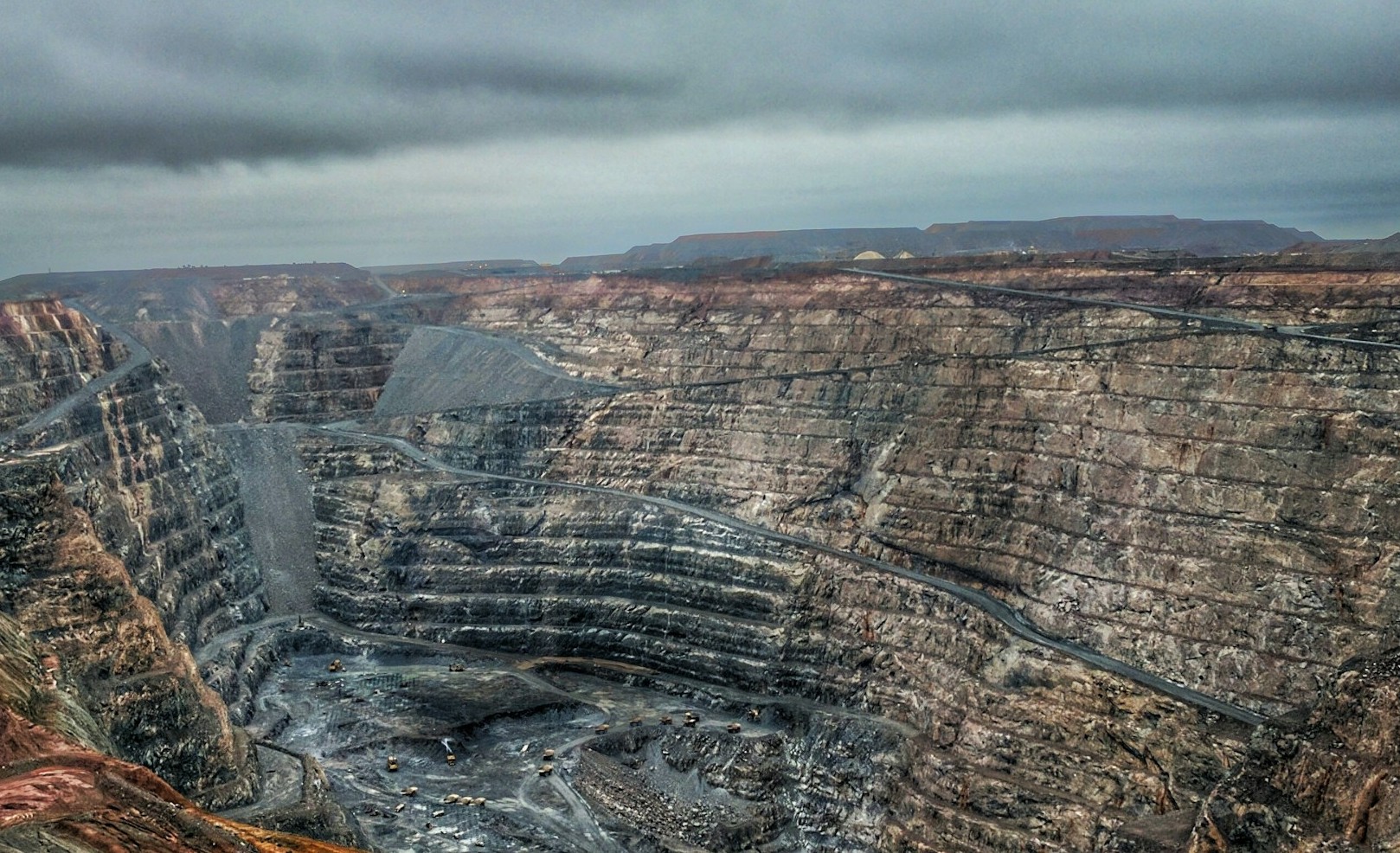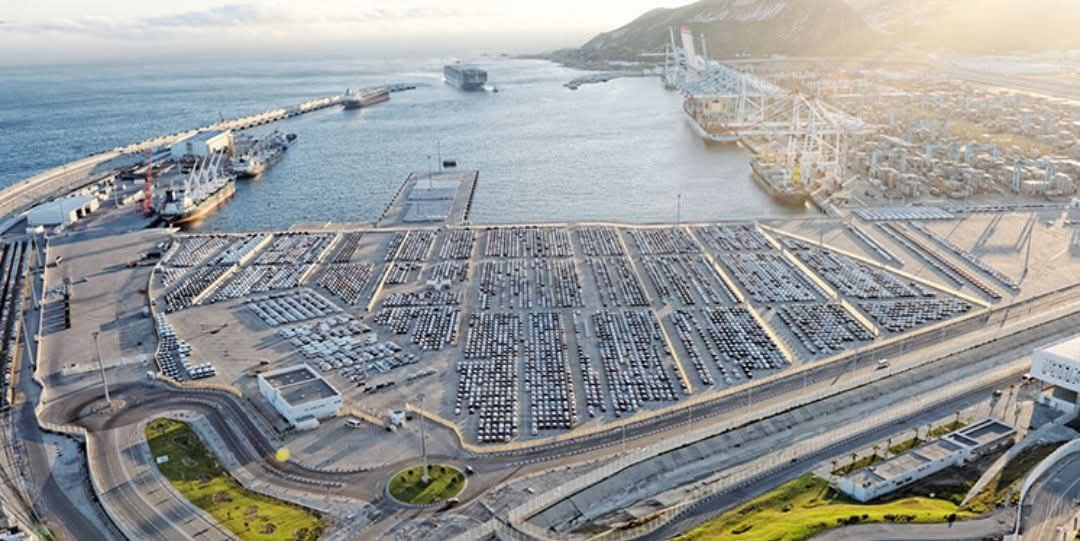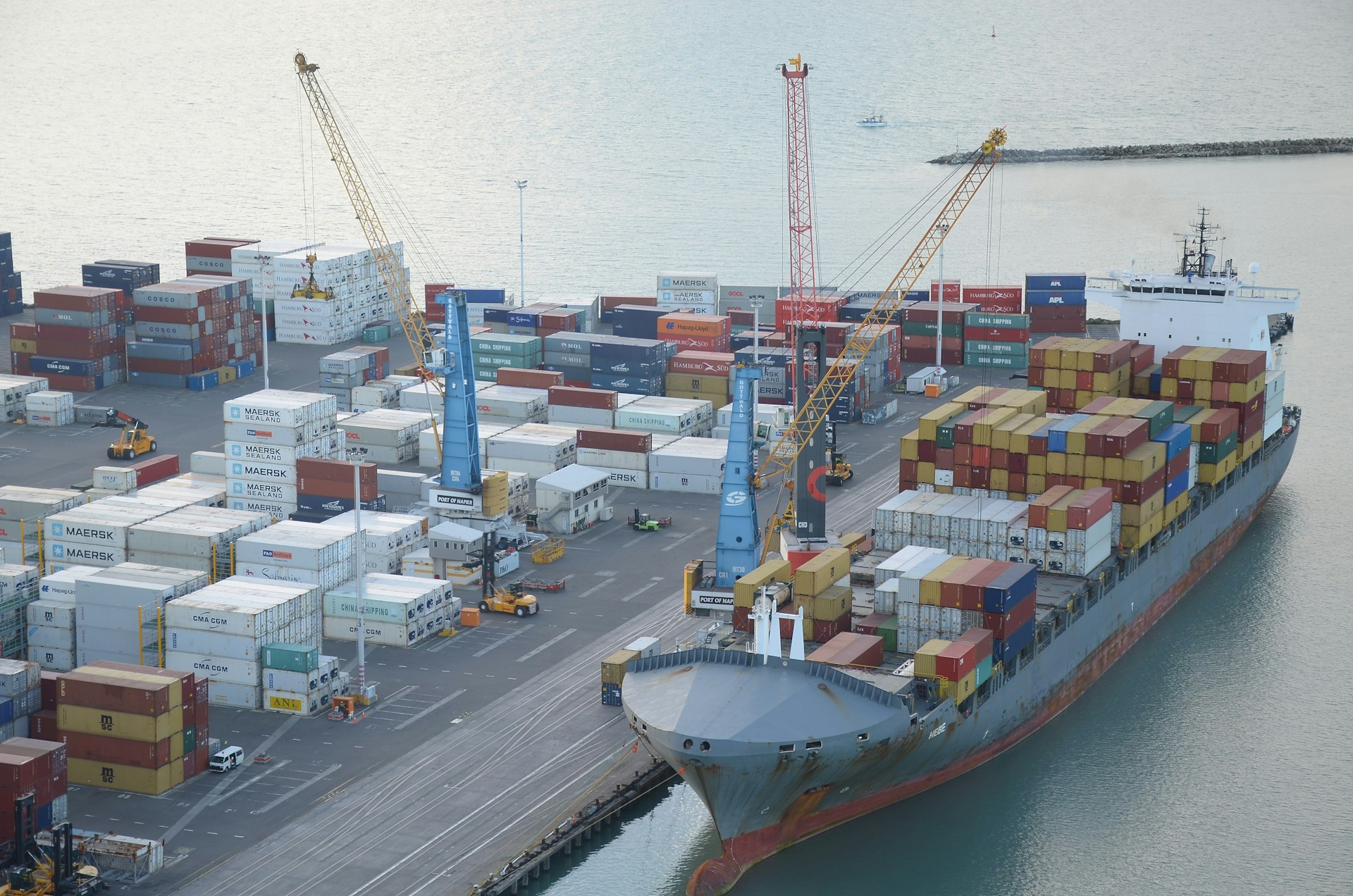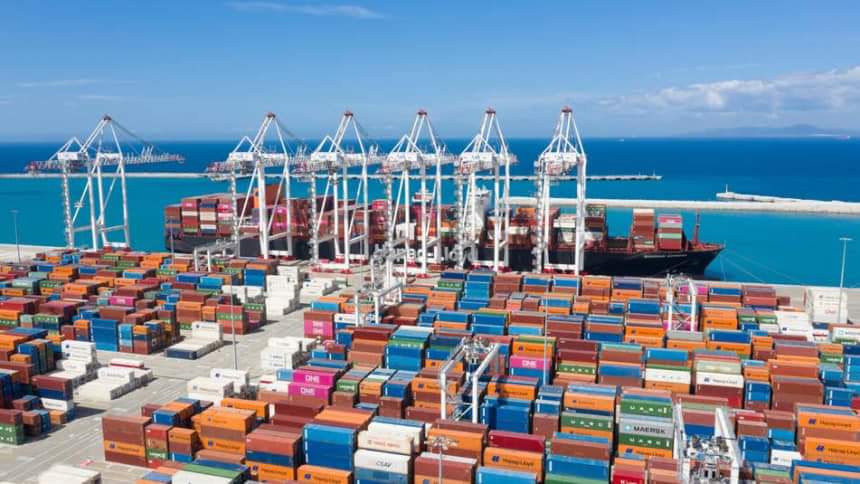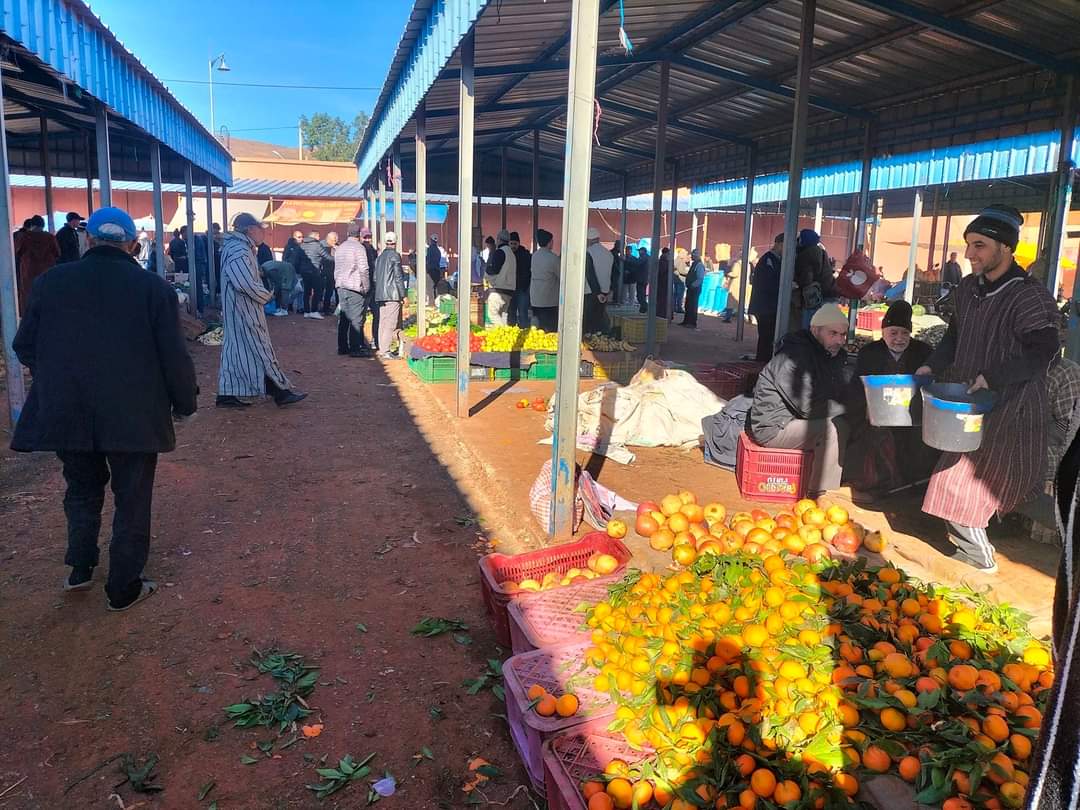Casablanca – Morocco has strengthened its drive for sustainable development and climate resilience with a new $109 million loan from the OPEC Fund for International Development. The financing will support the second phase of the Program to Strengthen Economic Governance and Climate Resilience (PGRCC II), which targets critical reforms in the country’s water and energy sectors.
The OPEC Fund confirmed that its Board of Directors approved a global financing package exceeding $1 billion to promote infrastructure development, social services, clean energy, and sustainable livelihoods across Africa, Latin America, and Asia. Morocco’s share comes as a policy-based loan of about $109 million, designed to reinforce structural reforms, strengthen climate policies, and accelerate sector-driven economic growth.
Supporting key reforms in water and energy
The PGRCC II program aims to advance reforms in water management and energy supply—two areas that are central to Morocco’s long-term economic strategy and environmental commitments. The funding will be used to modernize resource management, enhance climate resilience, and integrate clean energy solutions.
This new financing complements a $198 million loan approved in July by the African Development Bank (AfDB) for the same program. Together, the OPEC Fund and AfDB loans underline growing international confidence in Morocco’s ability to implement ambitious reforms and meet its climate and energy objectives.
The Moroccan government has prioritized water and energy as strategic sectors to secure economic stability in the face of increasing climate challenges, including prolonged droughts and fluctuating energy markets. The OPEC Fund’s contribution will help Morocco strengthen governance frameworks, improve infrastructure, and attract further investment in clean energy technologies.
Part of a broader global initiative
The OPEC Fund’s $1 billion financing package is not limited to Morocco. Several other countries are set to benefit from loans supporting structural reforms, climate action, and essential infrastructure improvements.
In Eswatini, a $50 million loan will back financial reforms and competitiveness programs in cooperation with the World Bank and AfDB, focusing on structural changes to foster private-sector growth and climate adaptation. Lesotho will receive $40 million for an integrated transport and logistics project aimed at upgrading roads, bridges, and airport facilities to enhance regional trade and aviation safety.
South Africa will obtain a $150 million policy-based loan to support infrastructure modernization, with co-financing from the World Bank, AfDB, Germany’s KfW Development Bank, and the Japan International Cooperation Agency. Malawi is set to receive $27 million to improve water supply and sanitation services in the Jenda area, expanding access to clean water and enhancing waste management.
Beyond Africa, Papua New Guinea will benefit from a $50 million loan to strengthen early education, targeting improvements that will benefit around 375,000 students and 9,000 teachers across 3,500 schools. The OPEC Fund has also allocated $30 million for the second phase of a local economic growth project to support agriculture, rural infrastructure, and financial inclusion for small farmers, benefiting an estimated 3.5 million people.
Strengthening Morocco’s global partnerships
Morocco’s inclusion in this wide-reaching financing package highlights its growing reputation as a reliable partner for international development institutions. The country has consistently attracted foreign funding for projects that combine economic modernization with environmental sustainability.
The new loan will not only fund sector-specific reforms but also bolster Morocco’s broader national strategy to encourage climate-resilient growth. By focusing on water and energy governance, the program aims to safeguard vital resources, enhance efficiency in public services, and create conditions for private investment in renewable energy projects.
International lenders such as the OPEC Fund and the AfDB view Morocco as a key player in advancing green energy across North Africa. The country has already made significant progress in solar and wind power, and the latest financing will further enable policies that reduce dependence on imported fossil fuels while supporting long-term economic growth.
A step toward sustainable development
This latest agreement marks another milestone in Morocco’s path toward sustainable development. The combined support from the OPEC Fund and AfDB—totaling more than $307 million for the second phase of the PGRCC program—reflects a shared international commitment to strengthening climate resilience and improving economic governance in the region.
With the OPEC Fund loan now secured, Morocco is better positioned to pursue its strategic objectives of improving access to clean energy, ensuring sustainable water management, and fostering climate-resilient economic growth. As global challenges such as climate change and resource scarcity intensify, this financing provides a critical boost to Morocco’s ability to safeguard its natural resources while maintaining steady economic development.
By aligning economic reforms with environmental priorities, Morocco continues to demonstrate how targeted international partnerships can drive both climate action and economic progress. The new $109 million loan represents not just a financial investment but a vote of confidence in Morocco’s vision for a sustainable and resilient future.







